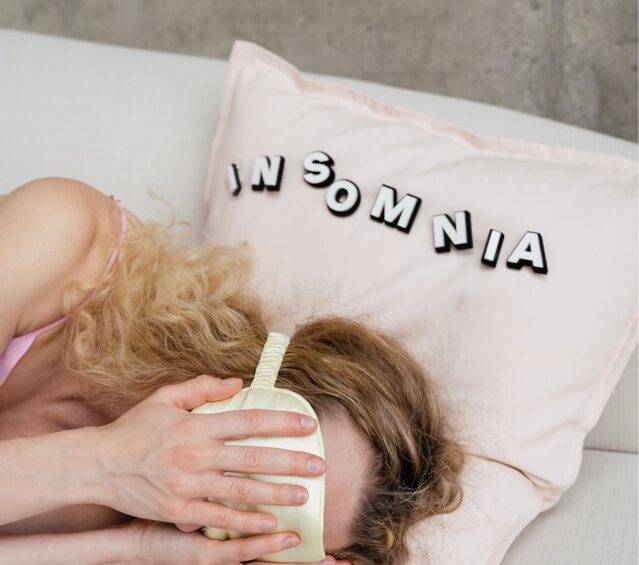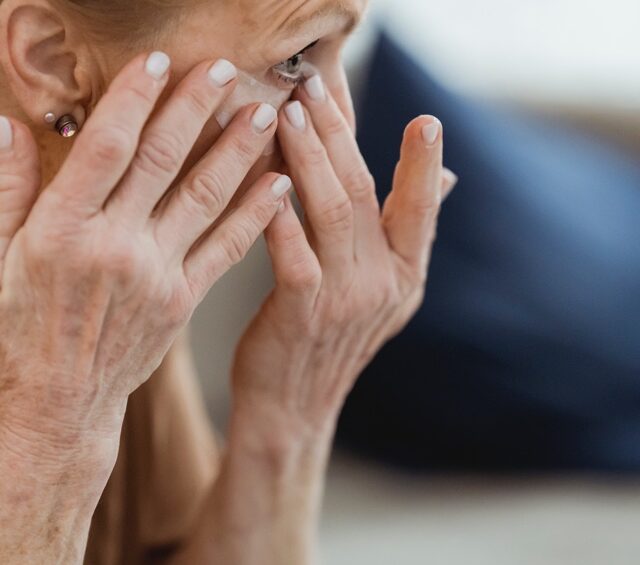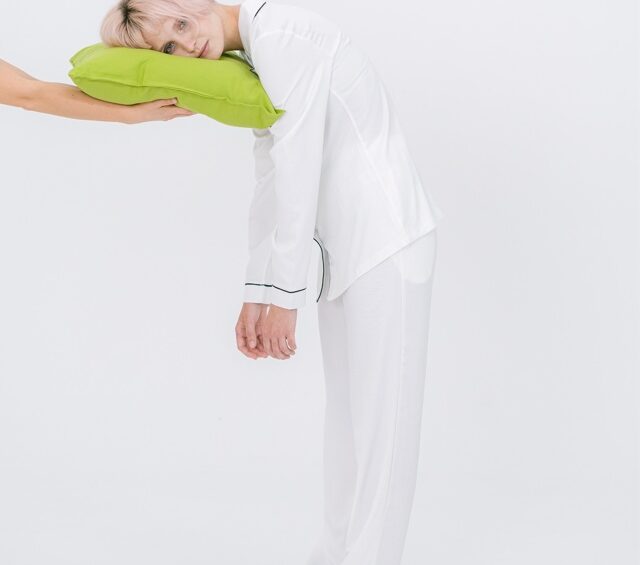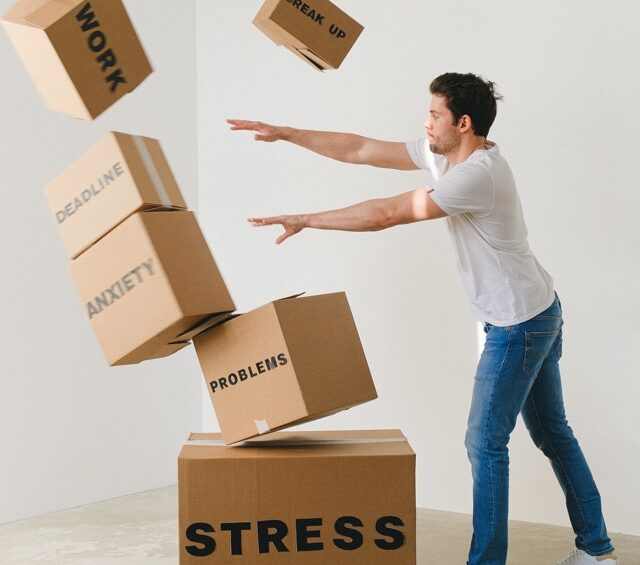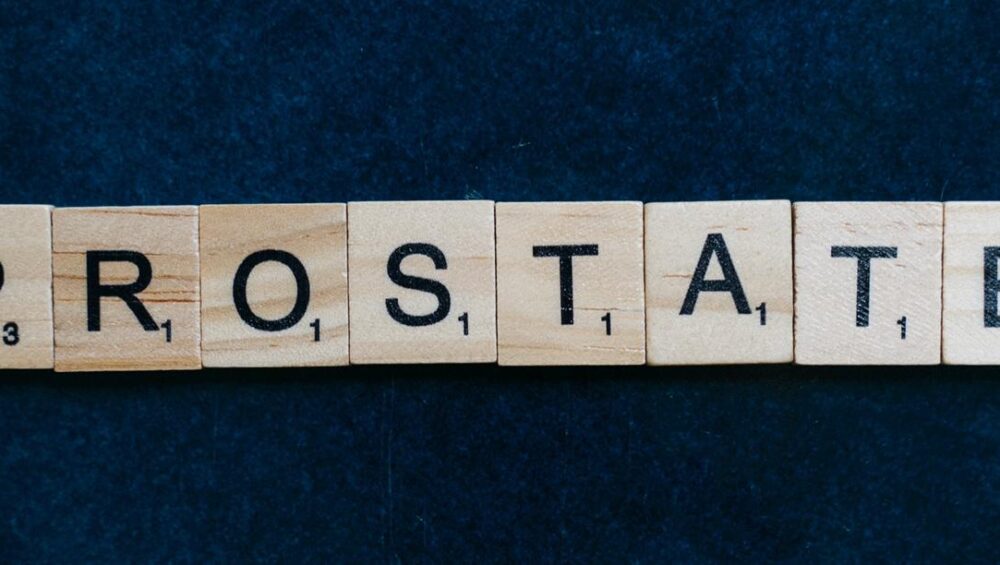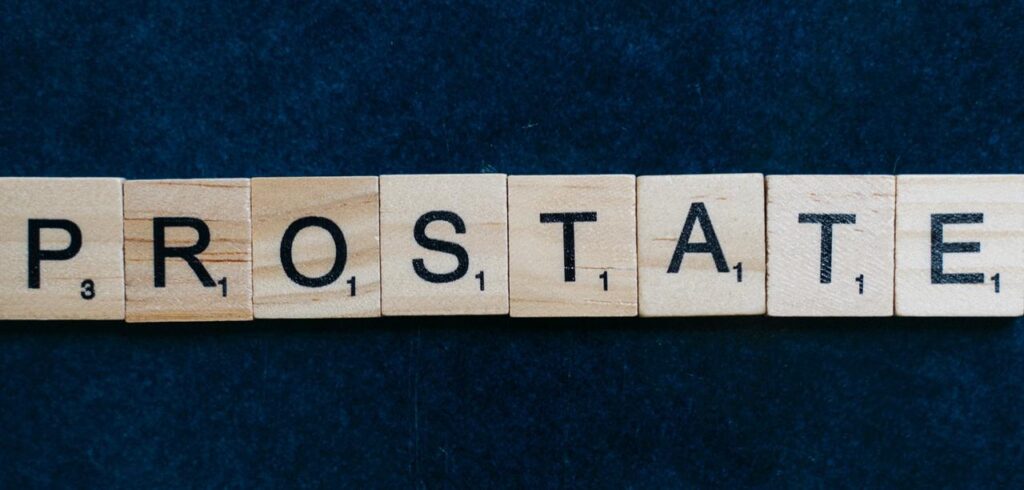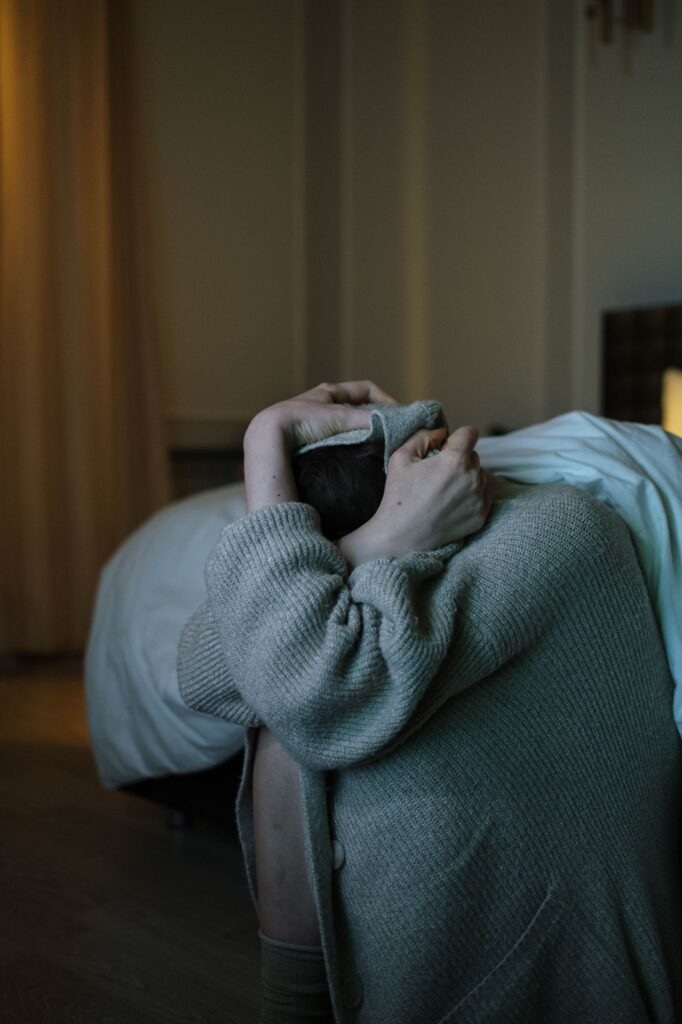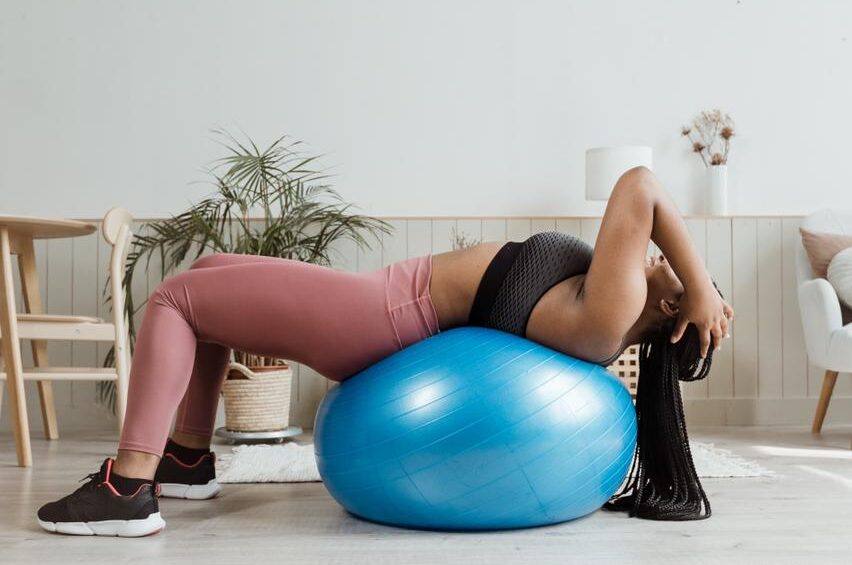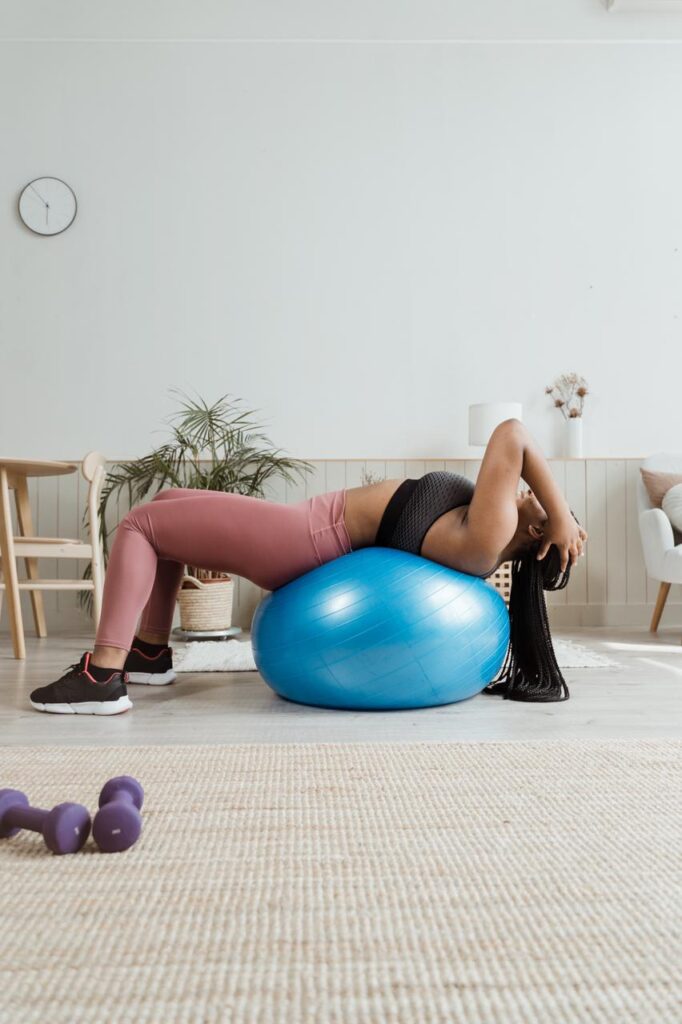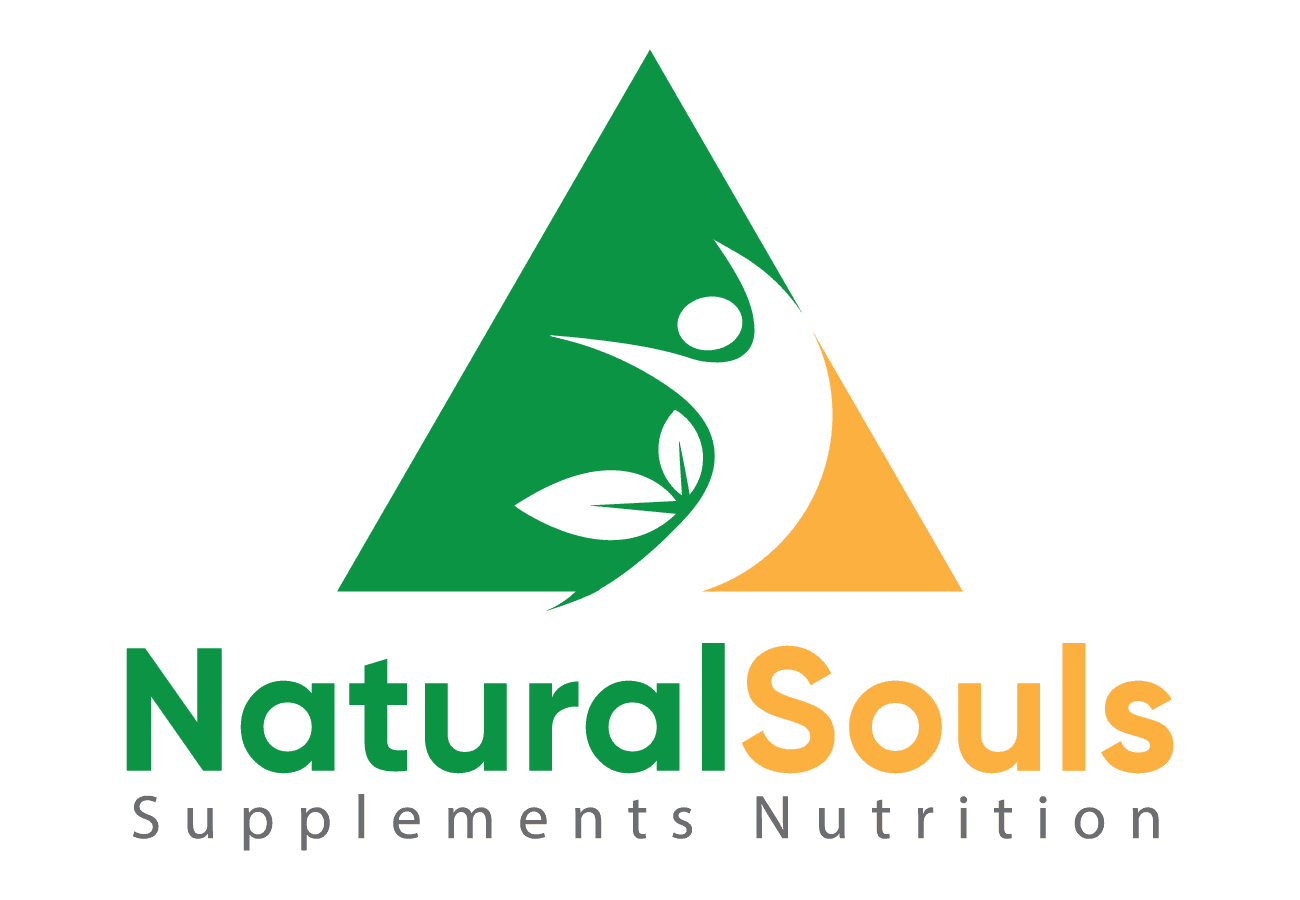All you need to know about Natural Sleep Aid & Organic Vegan Sleep Herbs to fall asleep fast

Sleep
Vital for our overall health and wellness. It is during sleep that our bodies go into repair mode, repairing and restoring tissues and cells, as well as consolidating memories and learning. Inadequate sleep has been linked to a variety of health problems, including obesity, diabetes, cardiovascular disease, and mental health issues such as anxiety and depression.
Why Sleep is important ?
Adequate sleep is necessary for several physiological functions, including:
1- Restoring and repairing the body:
While we sleep, our bodies undergo a process of repair and rejuvenation.. This includes repairing tissues, building bone and muscle, and boosting the immune system.
2- Memory consolidation:
During sleep, the brain actively consolidates memories, transferring them from short-term to long-term storage for future recall.
3- Hormone regulation:
Sleep helps regulate the production of hormones, including those that control appetite, metabolism, and growth.
4- Mental health:
Sleep is essential for good mental health. Chronic sleep deprivation has been linked to a range of mental health problems, including depression, anxiety, and irritability.
Try Best Natural Sleep Aid (Organic – Vegan) : Click Here
How Much Sleep Do We Need?
The amount of sleep we need varies depending on our age, lifestyle, and health. Generally, adults need between 7-9 hours of sleep per night, while children and teenagers need more. However, quality of sleep is just as important as quantity. It is important to get restful, uninterrupted sleep in order to reap the benefits.
What are the Stages of Sleep?
There are two main types of sleep:
A- Rapid eye movement (REM) sleep.
B- Non-Rapid eye movement (NREM) sleep.
Type (1):
REM sleep: This is a distinct stage of sleep
Characterized by rapid eye movements and vivid dreaming. During REM sleep, brain activity increases, and the body becomes paralyzed to prevent acting out dreams.
Type (2):
Non-Rapid Eye Movement (NREM) sleep is separated into three stages of increasing profundity:
Stage 1: This is the lightest stage of sleep, which lasts for a few minutes. During this stage, the body begins to relax, and brain waves become slower.
Stage 2: This is a stage of moderately deep sleep compared to the light sleep of Stage 1. During this stage, brain waves continue to slow down, and the body temperature drops.
Stage 3: The deepest stage of NREM sleep is characterized by slow brain waves and is also called slow-wave sleep. During this stage, the brain produces slow delta waves, and the body is in a state of deep relaxation.
Try Best Natural Sleep Aid (Organic – Vegan) : Click Here
Ways to Enhance Your Sleep Quality :
1- Stick to a regular sleep schedule:
Establish a fixed sleep pattern by sleeping and waking up at the same time every day, including weekends.
2- Create a relaxing sleep environment:
Optimize your sleeping environment by making sure your bedroom is cool, dark, and quiet. Use comfortable bedding and pillows.
3- Avoid electronics before bedtime:
The use of electronic devices that emit blue light can delay the onset of sleep and reduce sleep quality. Avoid using electronics before bedtime, or use blue-light-blocking glasses.
4- Avoid caffeine and alcohol:
Caffeine is a stimulant that can interfere with sleep, and alcohol can disrupt sleep patterns.
5- Exercise regularly:
Engaging in physical activity on a regular basis can enhance the quality and duration of sleep.
6- Manage stress:
Stress can interfere with sleep. Use techniques such as meditation or deep breathing to manage stress and promote calmness.
7- Sleep Disorders:
There are many different sleep disorders that can interfere with sleep, including insomnia, sleep apnea, restless leg syndrome, and narcolepsy. These disorders can have a significant impact on overall health and well-being, and it is important to talk to a healthcare provider if you are experiencing chronic sleep problems.
8- Sleep and Age:
Sleep needs vary depending on age. Sleep needs change over time, with infants and young children requiring more sleep than adults, and older adults experiencing changes to their sleep patterns due to the aging process. It is important to maintain healthy sleep habits throughout the lifespan to promote overall health and well-being.
9- Sleep and Nutrition:
Nutrition can also play a role in sleep quality. Consuming a balanced diet that includes foods rich in magnesium, tryptophan, and melatonin (such as leafy greens, nuts, seeds, and tart cherries) can help promote relaxation and improve sleep quality.
10- Sleep and Technology:
The influence of technology on sleep quality can be considerable. The blue light emitted by electronic devices can interfere with sleep, and the constant stimulation of social media and email can make it difficult to unwind before bedtime. It is important to set boundaries around technology use before bedtime to promote better sleep.
11- Sleep and Mental Health:
Sleep and mental health are closely linked. Chronic sleep deprivation can contribute to the development of mental health problems, while mental health disorders can also interfere with sleep. It is important to seek treatment for underlying mental health conditions to promote better sleep and overall well-being.
12- Sleep and Physical Health:
In addition to mental health, sleep also plays a critical role in physical health. Chronic sleep deprivation has been linked to a range of health problems, including obesity, heart disease, diabetes, and stroke. Getting enough restful sleep is essential for maintaining overall physical health and well-being.
13- Sleep and Sleep Cycles:
Sleep cycles are the natural patterns of sleep that occur throughout the night. The average sleep cycle lasts around 90 minutes and includes both NREM and REM sleep stages. It is important to get enough sleep to complete multiple sleep cycles each night.
14- Sleep and Sleep Debt:
Sleep debt is a concept that refers to the accumulated shortage of sleep over time. Chronic sleep deprivation can lead to a significant sleep debt, which can have a negative impact on overall health and well-being. It is important to prioritize getting enough sleep on a regular basis to avoid sleep debt.
15- Sleep and Sleep Environment:
Creating a comfortable sleep environment is essential for getting a good night’s rest. Creating an ideal sleep environment involves using comfortable bedding and pillows, keeping the bedroom cool and dark, and minimizing noise and distractions. Investing in a high-quality mattress and comfortable pillows can make a significant difference in sleep quality.
16- Sleep and Medications:
Certain medications can interfere with sleep quality, including stimulants like caffeine and medications for pain, allergies, and depression. It is important to talk to a healthcare provider about any medications that may be affecting sleep quality and explore alternatives if necessary.
17- Sleep and Pregnancy:
Pregnancy can have a significant impact on sleep quality, particularly in the later stages of pregnancy. Taking steps to create a comfortable sleep environment, practicing relaxation techniques, and getting enough rest can help promote better sleep during pregnancy.
Try Best Natural Sleep Aid (Organic – Vegan) : Click Here
What are Natural Organic Vegan Sleep Herbal Aid?
Sleep is an essential part of our lives, and getting a good night’s sleep is crucial for our overall health and well-being. Unfortunately, many of us struggle to fall asleep or stay asleep, leading to fatigue, mood swings, and other health problems. While there are many prescription and over-the-counter sleep aids available, many people prefer to use natural remedies to help them sleep. In this article, we’ll take a closer look at some of the most effective natural sleep aids.
1- Melatonin:
Melatonin is a hormone produced by the pineal gland in the brain that helps regulate sleep and wake cycles. It is often used as a natural sleep aid to help people fall asleep faster and stay asleep longer. Melatonin supplements are widely available over-the-counter and can be especially helpful for people who struggle with insomnia or jet lag.
2- Valerian Root:
Valerian root is an herbal supplement that has been used for centuries to treat anxiety and sleep disorders. It works by increasing levels of GABA, a neurotransmitter that helps calm the brain and promote relaxation. It is available in supplement form and can be effective for people who have trouble falling asleep or staying asleep.
3- Chamomile:
Chamomile is a traditional medicinal herb that is widely known for its ability to promote relaxation and reduce anxiety. It is often consumed as a tea and can be especially helpful for people who have trouble falling asleep due to stress or anxiety.
4- Lavender:
Lavender is an essential oil that is often used for its calming and relaxing properties. It can be used in a diffuser, added to a bath, or applied topically to help promote relaxation and sleep.
5- Magnesium:
For optimal health, it’s important to have sufficient levels of magnesium, a mineral that is essential for functions such as sleep regulation.. It works by regulating levels of the neurotransmitter GABA and can help promote relaxation and sleep. Magnesium supplements are widely available and can be especially helpful for people who have trouble falling asleep due to muscle tension or anxiety.
6- Passion flower:
Passionflower is an herb that has been used for centuries to treat anxiety, insomnia, and other sleep disorders. It works by increasing levels of GABA, a neurotransmitter that helps calm the brain and promote relaxation. Passionflower supplements are available in capsule or tincture form and can be effective for people who have trouble falling asleep or staying asleep.
7- Lemon balm:
Lemon balm is an herb that has been used since ancient times for its calming and relaxing properties. It works by increasing levels of GABA, a neurotransmitter that helps calm the brain and promote relaxation. Lemon balm can be consumed as a tea or taken as a supplement and can be effective for people who have trouble falling asleep due to anxiety or stress.
8- Ashwagandha:
For centuries, Ashwagandha has been highly valued as an adaptogenic herb in Ayurvedic medicine for its ability to reduce stress and promote relaxation. It works by regulating levels of the stress hormone cortisol and can be effective for people who have trouble falling asleep due to stress or anxiety.
9- Sleep hygiene:
In addition to natural sleep aids, practicing good sleep hygiene is essential for getting a good night’s sleep. This includes establishing a regular sleep schedule, avoiding caffeine and alcohol before bedtime, creating a relaxing sleep environment, and avoiding electronics before bedtime.
10- Exercise:
Exercise is one of the most effective natural sleep aids. Regular exercise can help promote relaxation, reduce stress and anxiety, and improve the quality of sleep. It is important to note, however, that exercising too close to bedtime can actually make it harder to fall asleep, so it is best to exercise earlier in the day.
Try Best Natural Sleep Aid (Organic – Vegan) : Click Here
How to Fall asleep Fast?
Falling asleep quickly can be a challenge for many people, but there are several steps you can take to promote relaxation and improve sleep quality. In this article, we’ll explore some tips for falling asleep fast and getting a good night’s rest.
1- Establish a Relaxing Bedtime Routine:
A relaxing bedtime routine can help your body and mind relax and prepare for a restful night’s sleep. This might include taking a warm bath, reading a book, or practicing relaxation techniques like deep breathing or meditation.
2- Create a Comfortable Sleep Environment:
Creating a comfortable sleep environment is essential for falling asleep quickly. Make sure your bedroom is cool, dark, and quiet, and invest in comfortable bedding and pillows. If environmental noise is keeping you up at night, using earplugs or a white noise machine may be helpful in blocking out unwanted sounds.
3- Avoid Stimulants before Bedtime:
Stimulants such as caffeine and nicotine can negatively impact sleep quality and make it more challenging to fall asleep. Avoid consuming stimulants in the hours leading up to bedtime.
4- Limit Screen Time before Bedtime:
Exposure to blue light from electronic devices can interfere with the body’s ability to fall asleep and remain asleep. Consider limiting screen time in the hours leading up to bedtime, or using blue-light-blocking glasses to minimize the impact of electronic devices on sleep quality.
5- Practice Relaxation Techniques:
Relaxation techniques like deep breathing, meditation, or progressive muscle relaxation can help promote relaxation and reduce stress, making it easier to fall asleep.
6- Use Natural Sleep Aids:
Natural sleep aids like valerian root, chamomile tea, or lavender essential oil can help promote relaxation and improve sleep quality. Consider incorporating these natural remedies into your bedtime routine.
7- Try Sleep-Friendly Foods:
A diet that includes certain foods can help facilitate relaxation and improve sleep quality. Consider eating foods that are rich in magnesium, tryptophan, or melatonin, such as leafy greens, nuts, seeds, and tart cherries.
8- Exercise Regularly:
Regular exercise can help promote better sleep quality and reduce the time it takes to fall asleep. Consider incorporating exercise into your daily routine, but be mindful of avoiding vigorous exercise in the hours leading up to bedtime.
9- Use Visualization Techniques:
Visualization techniques can help promote relaxation and reduce stress, making it easier to fall asleep. Try visualizing yourself in a peaceful and calming environment, such as a serene beach or a tranquil forest.
10- Practice Sleep Restriction:
Sleep restriction involves limiting the amount of time you spend in bed to promote more restful sleep. By following these recommendations, you can enhance the quality of sleep and decrease the time it takes to fall asleep. Start by setting a regular bedtime and wake-up time, and gradually adjust the amount of time you spend in bed based on your sleep needs.
11- Keep a Sleep Diary:
Keeping a sleep diary can help you identify patterns in your sleep habits and make adjustments to promote better sleep quality. Record the amount of time it takes you to fall asleep, the quality of your sleep, and any factors that may be affecting your sleep, such as stress or caffeine consumption.
12- Consider Cognitive Behavioral Therapy for Insomnia (CBT-I):
CBT-I is a type of therapy that helps people identify and change negative thought patterns and behaviors that may be contributing to sleep problems. This can involve techniques like sleep restriction, relaxation training, and cognitive restructuring.
13- Avoid Napping:
Napping during the day can interfere with sleep quality and make it harder to fall asleep at night. To avoid disrupting nighttime sleep, it’s recommended to limit daytime naps to 20-30 minutes and avoid napping too late in the day.
14- Use Progressive Muscle Relaxation:
Progressive muscle relaxation involves tensing and relaxing different muscle groups in the body to promote relaxation and reduce stress. This can make it easier to fall asleep and improve sleep quality.
Try Best Natural Sleep Aid (Organic – Vegan) : Click Here
How to determine your sleep needs?
Determining your sleep needs can be a helpful way to ensure that you are getting enough restful sleep each night. Here are some steps you can take to determine your sleep needs:
1- Keep a Sleep Diary:
Keeping a sleep diary can help you track your sleep habits and identify patterns in your sleep needs. Record the time you go to bed, the time you wake up, and the quality of your sleep each night. You can also record any factors that may be affecting your sleep, such as stress or caffeine consumption.
2- Pay Attention to Your Body:
Be attentive to your daily physical and emotional condition. If you feel tired or groggy, it may be a sign that you are not getting enough sleep. Conversely, if you feel alert and energetic throughout the day, you may be getting enough restful sleep.
3- Consider Your Age and Lifestyle:
Sleep needs vary depending on age and lifestyle. Infants and young children require more sleep than adults, while older adults may have changes in their sleep patterns due to the effects of aging. Your lifestyle can also affect your sleep needs. For example, if you are physically active or have a demanding job, you may require more restful sleep than someone who is sedentary or has a less demanding job.
4- Aim for 7-9 Hours of Sleep Each Night:
While sleep needs can vary, most adults require 7-9 hours of restful sleep each night. Consider aiming for this range as a starting point, and adjust your sleep needs based on your body’s natural rhythms and your lifestyle.
5- Consult a Healthcare Provider:
If you are experiencing chronic sleep problems or are unsure about your sleep needs, it is important to talk to a healthcare provider. They can help you identify any underlying health conditions that may be affecting your sleep, and recommend treatment options to improve sleep quality.
Try Best Natural Sleep Aid (Organic – Vegan) : Click Here



